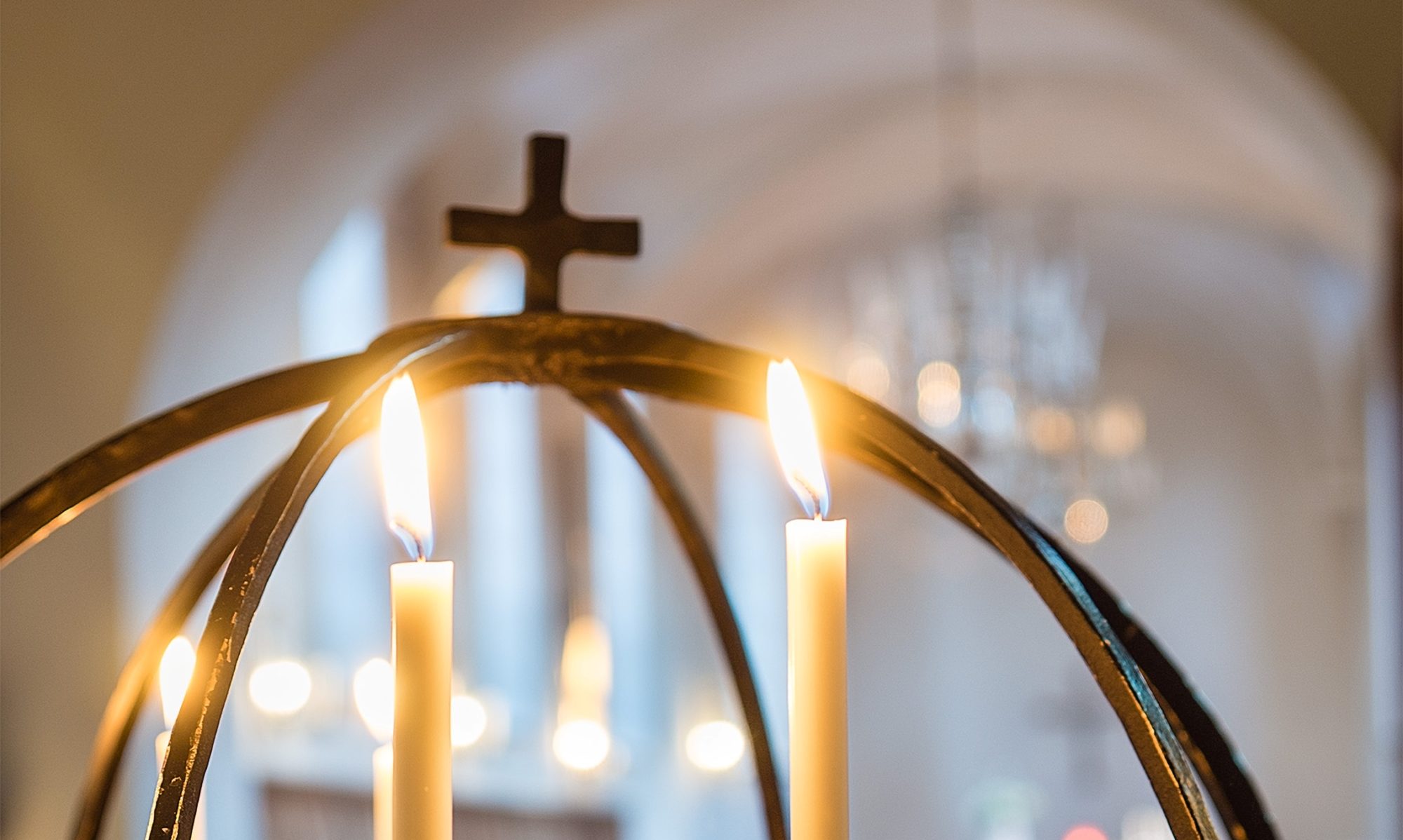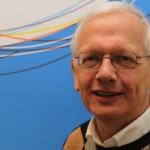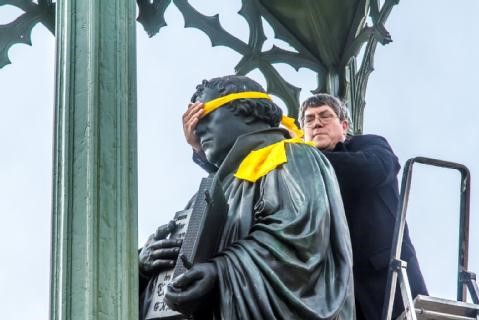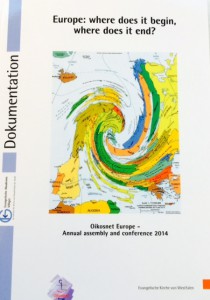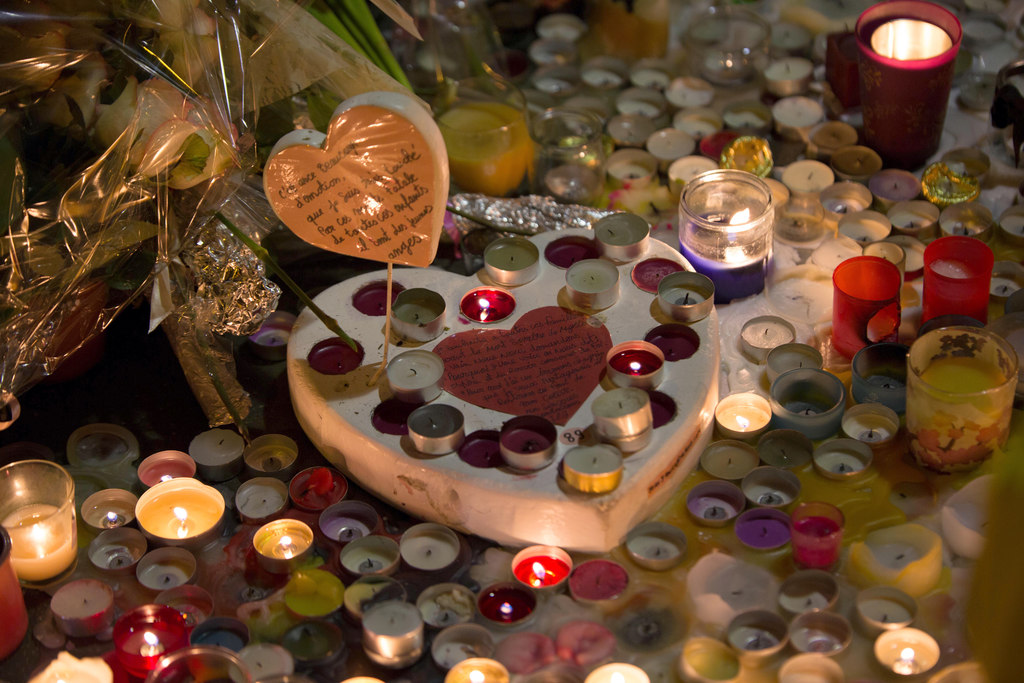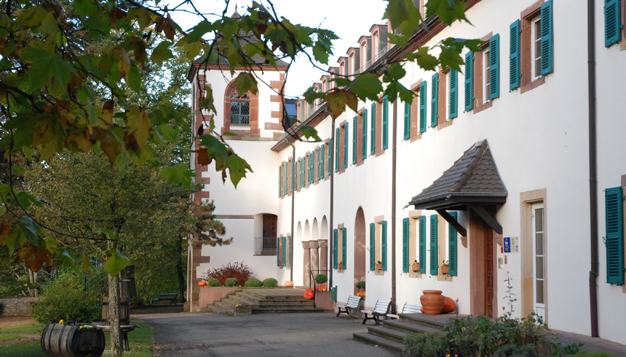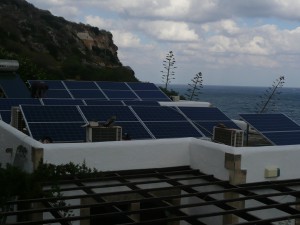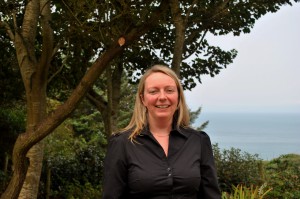The newly elected Board met in Friedberg, Germany at the beginning of November. Several issues were discussed – and quite some deserve special attention, also in this newsletter. You see this in the different contributions.
In addition to these issues, it is good to report about some other elements.
- Oikosnet International. This subject is always on the table, at least since we are connected with colleagues outside Europe. Especially the situation in the Middle East is visible almost from day to day. It turns out now, that our colleague from Aleppo isn’t able to travel anymore to his parish. too dangerous on the road, which ‘normally’ required about 4 hours but now needs at least 12 hours drive, about 50 road blocks included. And you never know for sure who has placed that road block and by consequence whether you survive this one. So it is not difficult to understand why so many people leave the area, leave the country, leave the region – and several of them head to Europe. We discussed this for quite some time, also having in mind what our members throughout Europe are doing for and with refugees.
Regarding Oikosnet International we are in charge to get a meeting organised by next year. We will make attempts for that, probably connected to our Annual Conference, probably ‘just’ through Skype.
- Our new configuration. We discussed several elements regarding the new organisation structure in Sweden. In our next Board meeting we will discuss a draft constitution for our new Swedish entity. After that meeting we will send out the draft to our members, so every member can prepare for the discussion and decision, to be taken in Prague.
- The plan for the Board in the upcoming years. Formally we haven’t set a work plan, but we discussed about our priorities for the next years. As a Board we have the mandate to act in support for our members. Therefore we consider it important to start with 3 to 5 new projects in the upcoming years. And we would like to see both new members coming in as well as new and present members being active within one or more projects. For that we need a productive way of communication with and between members, a transparent way of working and communication, both within the Board and in the Association as a whole.
Many things to do in a challenging time. We take up the challenges.
Jaap van der Sar, president Oikosnet Europe
